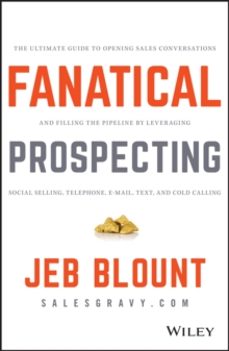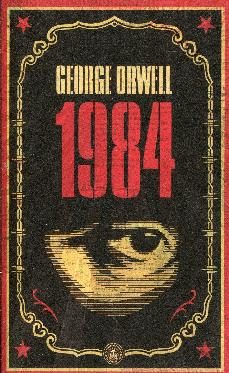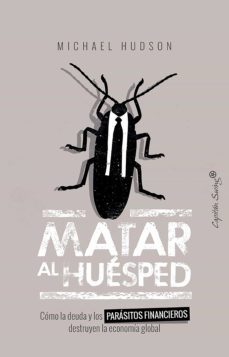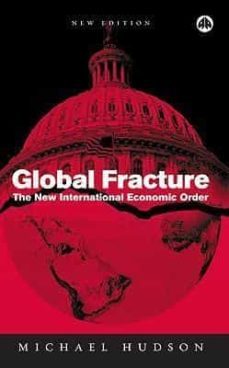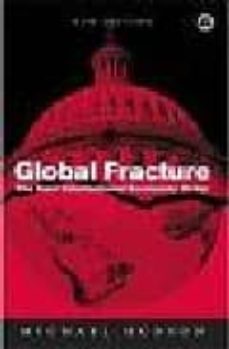Imprescindibles
Ficción
No Ficción
Ciencias y tecnología Biología Ciencias Ciencias naturales Divulgación científica Informática Ingeniería Matemáticas Medicina Salud y dietas Filología Biblioteconomía Estudios filológicos Estudios lingüísticos Estudios literarios Historia y crítica de la Literatura
Humanidades Autoayuda y espiritualidad Ciencias humanas Derecho Economía y Empresa Psicología y Pedagogía Filosofía Sociología Historia Arqueología Biografías Historia de España Historia Universal Historia por países
Infantil
Juvenil
#Jóvenes lectores Narrativa juvenil Clásicos adaptados Libros Wattpad Libros Booktok Libros de influencers Libros de Youtubers Libros Spicy Juveniles Libros LGTBIQ+ Temas sociales Libros ciencia ficción Libros de acción y aventura Cómic y manga juvenil Cómic juvenil Manga Shonen Manga Shojo Autores destacados Jennifer L. Armentrout Eloy Moreno Nerea Llanes Hannah Nicole Maehrer
Libros de fantasía Cozy Fantasy Dark academia Hadas y Fae Romantasy Royal Fantasy Urban Fantasy Vampiros y hombres lobo Otros Misterio y terror Cozy mistery Policiaca Spooky Terror Thriller y suspense Otros
Libros románticos y de amor Dark Romance Clean Romance Cowboy Romance Mafia y amor Romance dramatico Romcom libros Sport Romance Otros Clichés Enemies to Lovers Friends to Lovers Hermanastros Slow Burn Fake Dating Triángulo amoroso
Cómic y manga
Novela gráfica Novela gráfica americana Novela gráfica europea Novela gráfica de otros países Personajes, series y sagas Series y sagas Star Wars Superhéroes Cómics DC Cómics Marvel Cómics otros superhéroes Cómics Valiant
eBooks
Literatura Contemporánea Narrativa fantástica Novela de ciencia ficción Novela de terror Novela histórica Novela negra Novela romántica y erótica Juvenil Más de 13 años Más de 15 años Infantil eBooks infantiles
Humanidades Autoayuda y espiritualidad Ciencias humanas Economía y Empresa Psicología y Pedagogía Filosofía Historia Historia de España Historia Universal Arte Cine Música Historia del arte
Ciencia y tecnología Ciencias naturales Divulgación científica Medicina Salud y dietas Filología Estudios lingüísticos Estudios literarios Historia y crítica de la Literatura Estilo de vida Cocina Guías de viaje Ocio y deportes
Michael Hudson
Recibe novedades de MICHAEL HUDSON directamente en tu email
Filtros
Del 1 al 5 de 5
CAPITAN SWING 9788412191349
El sector financiero ha logrado representarse a sí mismo como parte de la economía productiva, pero durante siglos la banca fue considerada parasitaria, y la esencia del parasitismo no es solo agotar la nutricion del huesped, sino tambien embotar su cerebro para que no reconozca que el parasito esta alli. Esta es la ilusion que gran parte de Europa y los Estados Unidos sufren hoy en dia. El objetivo de Hudson es atravesar esta ilusion y reemplazar la economia basura con economia basada en la realidad, y sostiene que las crisis financieras continuaran a menos que modifiquemos radicalmente nuestras estructuras economicas y politicas, y recuperemos las mejores ideas de la economia clasica. Expone como las finanzas, los seguros y los bienes raices han ganado el control de la economia global, a expensas del capitalismo industrial y de los Gobiernos.El Gran Bono de 2008 salvo a los bancos, pero no a la economia, y hundio a las economias en la deflacion de la deuda y la austeridad, aumentando la riqueza y los ingresos del sector financiero mientras empobrecia a la clase media. Siniestro pero a la vez claro y profetico, Michael Hudson propone soluciones viables a nuestros problemas economicos, en un momento en que los politicos se han mostrado incapaces de comprender la economia, y mucho menos de arreglarla.
Ver más
eBook
PLUTO PRESS 9780745323954
This new and updated edition of Michael Hudson's classic political economy text explores how and why the US came to achieve world economic hegemony. Originally published as the sequel to Hudson's bestselling Super Imperialism, Global Fracture explores American economic strategy during a key period in world history.In 1973, many of the world's most indebted countries sought to free themselves of trade dependency and the debt trap by creating a New International Economic Order (NIEO). This aimed to improve the terms of trade for raw materials and build up agicultural and industrial self-sufficiency.Global Fracture shows how the US undermined this progressive initiative and instead pushed for financial dominance over the rest of the world. Today, the NIEO is a forgotten interlude, its optimism replaced by the financial austerity imposed by the IMF and the World Bank.Exploring how America achieved its economic aims, and tracing the implications this has had through subsequent decades, Michael Hudson covers various topics including trade embargoes, changing US attitudes to foreign aid, the rise of protectionism, government regulation of international investments, the impact on specific industries including the oil industry, the implications of the new economic order and the future of war.
Ver más
Tapa dura
PLUTO PRESS 9780745323947
Hudson is one of the tiny handful of economic thinkers in today's world who are forcing us to look at old questions in startling new ways. Alvin Toffler, best-selling author of Future Shock and The Third WaveThis new and updated edition of Michael Hudson's classic political economy text explores how and why the US came to achieve world economic hegemony.Originally published as the sequel to Hudson's bestselling Super Imperialism, Global Fracture explores American economic strategy during a key period in world history. In 1973, many of the world's most indebted countries sought to free themselves of trade dependency and the debt trap by creating a New International Economic Order (NIEO). This aimed to improve the terms of trade for raw materials and build up agicultural and industrial self-sufficiency. Global Fracture shows how the US undermined this progressive initiative and instead pushed for financial dominance over the rest of the world. Today, the NIEO is a forgotten interlude, its optimism replaced by the financial austerity imposed by the IMF and the World Bank.Exploring how America achieved its economic aims, and tracing the implications this has had through subsequent decades, Michael Hudson covers various topics including trade embargoes, changing US attitudes to foreign aid, the rise of protectionism, government regulation of international investments, the impact on specific industries including the oil industry, the implications of the new economic order and the future of war.
Ver más
Tapa blanda
ISLET ISLET 9783981826029
AND FORGIVE THEM THEIR DEBTS: LENDING, FORECLOSURE AND REDEMPTION FROM BRONZE AGE FINANCE TO THE JUBILEE YEAR
Ver más
Tapa blanda
Capitán Swing Libros 9788494808647
Este libro describe cómo el fenómeno de la deflación de la deuda empobrece a las clases medias mientras enriquece al sector financiero rescatado.El sector financiero ha tenido éxito en presentarse como parte de la economía productiva; sin embargo, durante siglos la banca fue reconocida como parasitaria. La esencia del parasitismo no es solo drenar el alimento del huésped, sino también embotar el cerebro del huésped para que no reconozca que el parásito está allí. Esta es la ilusión que gran parte de Europa y Estados Unidos sufre hoy en día. El Gran Bono de 2008 salvó a los bancos, pero no a la economía, y hundió a las economías de EEUU, Irlanda, Letonia y Grecia en la deflación de la deuda y la austeridad. Este libro describe cómo éste fenómeno impone austeridad en las economías estadounidense y europea, aumentando la riqueza y los ingresos hacia el sector financiero mientras que empobrece a la clase media.
Ver más
Tapa blanda
Del 1 al 5 de 5



















